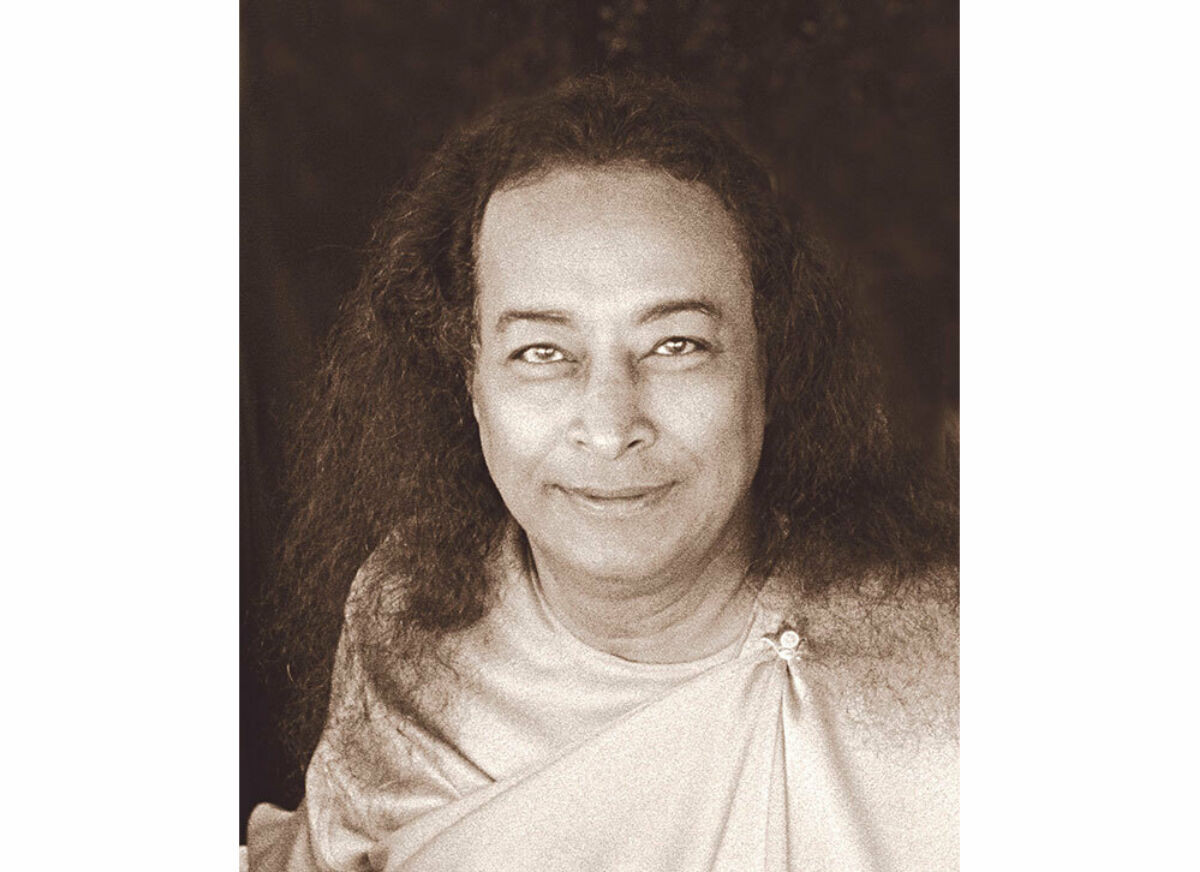Paramhansa Yogananda, a name that resonates with spiritual seekers and yoga enthusiasts around the globe, left an indelible mark on the world through his teachings and writings. His life journey from Mukunda Lal Ghosh in Gorakhpur, India, to Paramhansa Yogananda, a spiritual leader in the West, is a testament to his profound impact on both Eastern and Western cultures.
As we approach March 7th, the Punyatithi or death anniversary of this great yogi, it is fitting to delve into his life story, contributions to society, and enduring legacy.
Early Life
Born on January 5th, 1893, in Gorakhpur, Uttar Pradesh, India, Mukunda Lal Ghosh was the fourth child in a devoutly religious family. From an early age, he exhibited an intense interest in spirituality and sought out the company of holy men. This quest eventually led him to his guru Swami Sri Yukteswar Giri at the age of 17. Under Sri Yukteswar’s guidance, Mukunda’s spiritual understanding deepened significantly. He completed his formal education at Calcutta University before fully embracing his monastic calling.
Path to Renown
Yogananda’s journey to international acclaim began earnestly when he founded the Yogoda Satsanga Society of India in 1917. The society aimed at promoting spiritual living through meditation and Kriya Yoga techniques. However, it was his move to America in 1920 that marked the beginning of his widespread influence. Invited to speak at the International Congress of Religious Liberals in Boston about the science of religion, Yogananda captivated audiences with his deep insights and charismatic presence.
The establishment of Self-Realization Fellowship (SRF) in Los Angeles in 1925 allowed him to disseminate his teachings more effectively across America and later worldwide. Through public lectures, classes on Kriya Yoga meditation techniques and numerous writings including commentaries on Indian scriptures such as Bhagavad Gita and Upanishads; he bridged Eastern spirituality with Western thirst for deeper meaning.
Contributions and Impact
Yogananda’s most significant contribution is arguably “Autobiography of a Yogi,” published in 1946. This seminal work has inspired millions globally with its engaging narrative style blending personal anecdotes with profound spiritual teachings. It introduced many Westerners to meditation and Kriya Yoga while offering insights into Indian culture and spiritual philosophy.
Beyond literature, Yogananda’s emphasis on universal spirituality – highlighting underlying unity among diverse religions – fostered greater cross-cultural respect and understanding. He advocated for balanced living harmonizing physical well-being with spiritual growth through principles like proper dieting habits intertwined with regular meditation practice.
Legacy
Paramhansa Yogananda passed away on March 7th, 1952 after concluding a speech at a banquet held in honor of India’s ambassador to America. His body demonstrated extraordinary incorruptibility signs post-mortem – an event many view as indicative of his elevated spiritual state.
Today he is best remembered for making ancient Hindu teachings accessible globally while embodying those principles through compassionate living exemplified by service towards humanity without distinctions based upon race or creed. His works continue guiding individuals towards self-realization – understanding one’s true nature beyond physical existence.
Organizations like Self-Realization Fellowship/Yogoda Satsanga Society continue propagating his teachings ensuring that Yogananda’s vision transcends generations enriching lives irrespective geographical boundaries or cultural differences.

Reflecting upon Paramhansa Yogananda’s life reveals not just an individual who achieved great heights spiritually but someone who tirelessly worked towards uplifting society by bridging gaps between diverse cultures through universal love and brotherhood principles embedded within yogic traditions. As we commemorate his Punyatithi let us draw inspiration from this remarkable yogi’s life dedicated towards elevating human consciousness transcending mere self-interest for collective well-being.